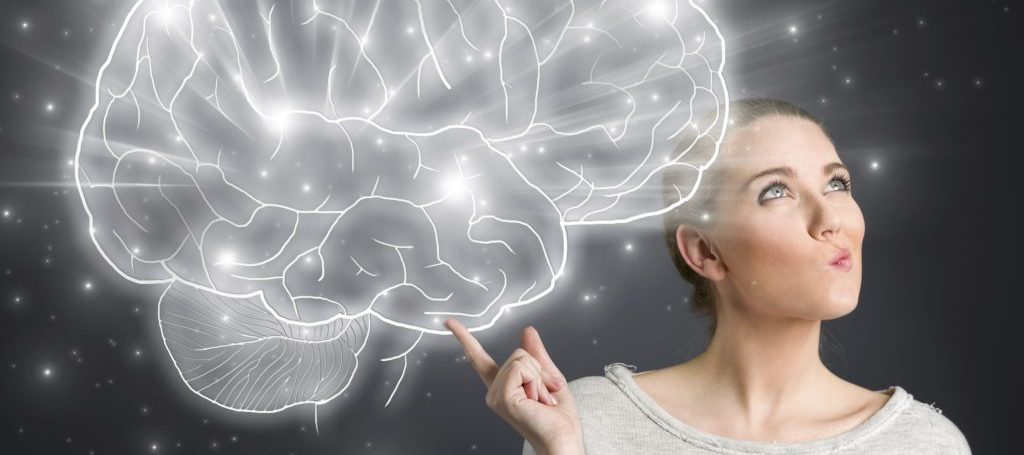Do you embrace the hibernation phase or fight against it?
Short days and longer nights often have a great influence over how we feel through the winter months. Either way we are going to go through it.
Just like the plants in our gardens and animals in the wild, we have cycles too. Everything has a cycle: seasons, emotions even relationships. Sometimes your mood is up but your partner is down and vice versa. The best times are when you are both in a good place and the worst is obviously when you are both down. Just recognising our emotions means we can start to ride the waves. We can reduce the pressure we put on ourselves to always be upbeat. And we can have more compassion for others and their cycles.
Do the advances in technology mean we have stopped listening to the rhythms of our bodies? Not only ignoring them but maybe pushing against them? Usually preceded with the words, “I have just got to do…” Are you good at registering your body’s rhythms and signals? Or is your body just the vehicle to take you around — a head on legs perhaps?
Burnout, looking like physical, mental and emotional challenges are on the rise. We expect so much from ourselves and each other. The elusive bar we keep jumping over is often the promise of something better than where we are right now. Talking of the elusive bar, that is often set when we are comparing ourselves and what we have in relation to others.
Social media has a lot to teach us. It is often voiced that viewing others’ seemingly perfect lives serves as a false reality and can be the cause of distress by way of comparison. Playing devil’s advocate here, what if noticing how you feel was just the catalyst to recognise what it is that you do want? Not so much the product or place on display but to help decipher what feeling it has flagged up for you?
Absolutely every action we take (doing nothing is an action) is about making us feel better on some level. It is either taking us towards what we BELIEVE will make us feel better or holding us back from what we believe will cause us pain. Sometimes those actions are detrimental, but they are currently the best way we know how.
Some things to consider:
•Do you buy into the notion that if we are not happy then there is something wrong?
•Do you recognise you have emotional waves?
•Do you notice how you feel with different people?
What if there is nothing wrong but you are on the low side of your emotional wave right now? What goes up comes down. This too shall pass. Our minds work constantly and will create stories so that we can “make sense” of how we are feeling. We will look for some reason to latch on to, to explain our moods often blaming the weather, the time of year, a person etc.
Being animals ourselves, although highly sophisticated, we are still very much affected by others and they don’t even have to be in the same room! I bet you have had the experience of mulling something over around events of the past and it has affected your mood.
We are also affected by the planets (eg. astrologically). We don’t need to start learning astrology unless that is of interest. But we would be more compassionate to ourselves by recognising there are several factors to our moods.
Are you a woman who once a month feels out of sorts? Only to register it is to do with your hormonal cycle? Doesn’t that help to make sense and therefore let go of how you are feeling? I know it did for me. Oh, that explains it, phew. This might be the most recognised of cycles but they are happening all the time: the full moon, new moon and every planet in between. It really pays to note your energy levels daily and learn your own cycle, then you can work with that to your benefit.
So, if we are starting to notice our mood, what next?
Well if there is any truth to the saying, “What we focus on expands”, then focussing on the downside of things only serves to make us feel not only bad but it can lead us on a downward spiral. Recognising negative things is not bad in itself because in that noticing we are gathering valuable information which can inform our questions.
What is this about? How does it get any better than this? Our brains are designed to answer questions so if you are asking negative ones i.e. “how come I am rubbish at…” your mind will very kindly go and fetch all the possible resources from your history to prove your point. It is necessary and worth questioning ourselves, but how we do that has a real impact on us.
Let us get back to the short dark days of January. What’s good about it?
Using the dormant cycle of nature, we can sow the seeds of promise for the year to come. We can hunker down in this hibernation phase, preserving and gathering our energy; we can be preparing and planning for expansive times to come.
What does that FEEL like for you? If every action is about making us feel better, then let’s cut to the chase. What feelings are you after? You don’t have to wait for anything to turn up in your reality to experience those feelings, we don’t have to chase anything.
Typically, we set January intentions and New Year resolutions to change something we are fed up with. The trouble is that these goals are stated in the negative. Usually we are looking to stop some behaviour like smoking, addictive habits or to lose weight. Gyms are packed in January when people have had the last splurge over Christmas like the last supper, but the goal disappears as the will-power wanes. And we can feel a failure, again.
These are known as ‘away from’ goals and whilst they can be the catalyst to get you moving, they are short-lived, not nearly as powerful as ‘towards’ goals. We are talking carrot and stick here. I always think of the mighty Oprah to demonstrate this one. Such a successful woman on many levels and yet when discussing her weight over the years, she once was quoted as saying, “she didn’t want to have a fat butt”. This is a great example of an ‘away from’ goal and I wonder how her thoughts of having a fat butt made her feel.
Getting back to January and us recognising that we are often not so ‘up’. We have just had Christmas and all that promised us. We have nothing to look forward to until _______. Fill in the blank. The more you have to look forward to, the less likely you have feelings to be down about. This is a good point to highlight that what we focus on expands.
Do you have a tendency to look for what is right, or what might go wrong?
Both are really useful and they both have their place. We will naturally have a leaning one way or another. Consider for a moment which one you might be? My mum, bless her, would always say when you have cleaned a room you stand at the door and look for what is out of place — what is wrong with the room?
I am by nature a positive person and will look to what is right, but I can do this to such an extent that I can miss what could go wrong and therefore not take actions to avoid the challenges that might be heading my way. It is good to know this about yourself and in which contexts you use them to make yourself feel better. No blame necessary, just an awareness so that you can look to both sides of a situation.
Did you know that an emotion will only stay with you for around 60 – 90 seconds?
This is our energy in motion, that is unless you are registering that feeling and going into your head with stories and justifications of feeling this way. Eg. Focusing on what you or someone else has done or not done.
The feeling is merely a messenger.
Where in your body do you feel it?
Get out of your head and put your attention on the feeling in your body. This signal sends messages up to your brain and then we try to make meaning out of them. We are meaning-making machines! Don’t shoot the messenger. Keep your attention on the located feeling without a story playing and it will dissipate. Fact!
Take stock of what you could pay attention to.
What is good that you would like more of?
Give a lot more focus on ways to connect to this feeling.
What don’t you want?
Turn it around: what is the opposite? State it in the positive because this will take you further.
If you really give yourself time to explore these feelings, keep delving down answer by answer, until you recognise which of your core values it relates to. These core values when recognised will pull you through the challenges you might face along the way. But, please, please recognise that the ebb and flow of your feelings are cyclical; don’t give up unless you know in your bones that what you say you want is not really true for you.
If you would like to join an online community to practice the good feelings that will change your neurology and therefore your world, join me at https://www.facebook.com/feelgoodfocusnow/.
By Sue Frend
Read more articles by Sue Frend here: https://www.mamalifemagazine.co.uk/how-are-you-wired/










